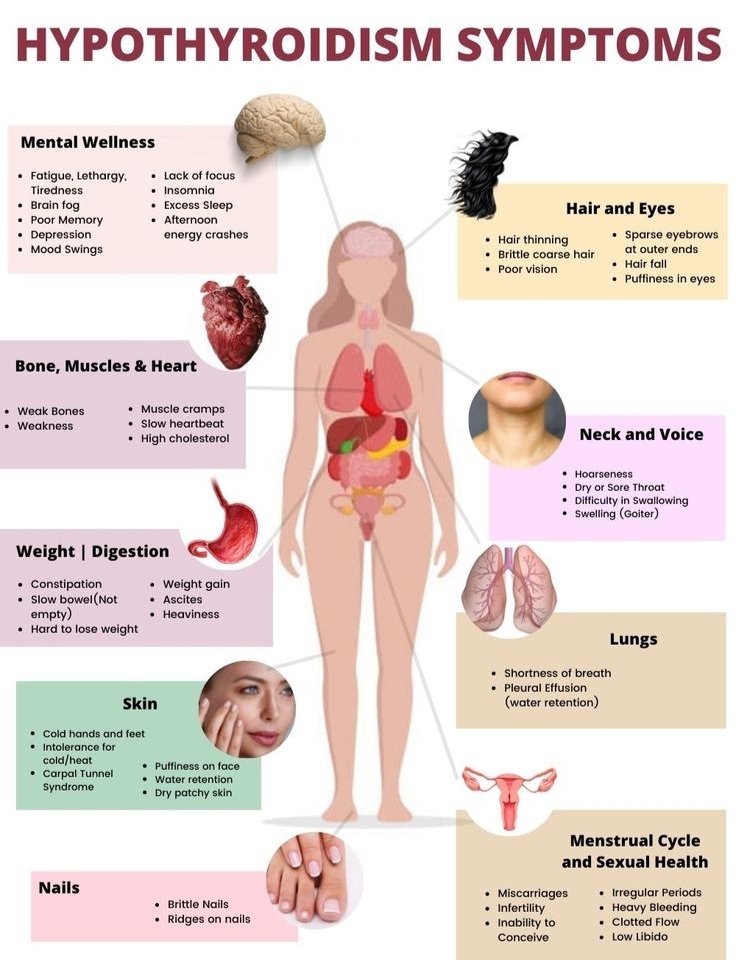Hypothyroidism, a condition characterized by an underactive thyroid gland, can have various effects on the body, including changes in hair health. Hair loss is a common concern for individuals with hypothyroidism, as the thyroid hormones play a crucial role in regulating hair growth and maintenance. In this article, we will explore the relationship between hypothyroidism and hair loss, discuss effective hair care strategies for managing this condition, and provide tips for promoting hair regrowth.
Understanding the Connection:
The thyroid gland produces hormones that help regulate the body’s metabolism, including the growth and maintenance of hair follicles. When the thyroid gland is underactive, as in the case of hypothyroidism, the decreased levels of thyroid hormones can disrupt the normal hair growth cycle. This disruption can lead to hair thinning, dryness, brittleness, and an overall decrease in hair volume.
Hair Care Tips for Individuals with Hypothyroidism:
- Consult with a Healthcare Professional: If you suspect you have hypothyroidism or are experiencing hair loss, it’s crucial to seek medical advice. A healthcare professional can diagnose your condition, assess your thyroid hormone levels, and recommend appropriate treatment.
- Optimize Thyroid Medication: Proper management of hypothyroidism often involves thyroid hormone replacement therapy. Working closely with your healthcare provider to find the right dosage and medication can help stabilize hormone levels and potentially improve hair health.
- Practice Gentle Hair Care: To minimize hair breakage and damage, handle your hair with care. Use a wide-toothed comb or a brush with soft bristles to detangle your hair gently. Avoid aggressive brushing or styling techniques that may put stress on the hair shafts.
- Protect Your Hair from Heat: Excessive heat styling can further weaken and damage hair that is already prone to breakage. Minimize the use of heated styling tools such as curling irons, straighteners, and blow dryers. When heat styling is necessary, use a heat protectant spray and opt for lower heat settings.
- Nourish Your Hair with a Balanced Diet: A nutritious diet is essential for healthy hair growth. Include foods rich in vitamins and minerals such as iron, zinc, biotin, and omega-3 fatty acids. Incorporate leafy greens, nuts, seeds, fish, and lean proteins into your meals to support optimal hair health.
- Avoid Harsh Chemicals: Hair care products containing sulfates, parabens, and harsh chemicals can strip the hair of its natural oils, leading to dryness and further damage. Opt for gentle, sulfate-free shampoos and conditioners that provide hydration and nourishment to your hair.
- Consider Scalp Massage: Regular scalp massages can stimulate blood circulation to the hair follicles, promoting hair growth. Use gentle circular motions with your fingertips to massage your scalp for a few minutes each day.
- Be Patient: It’s important to understand that hair regrowth takes time. With proper management of hypothyroidism, a balanced lifestyle, and consistent hair care practices, you can support healthy hair growth. Be patient and allow your hair time to recover and regain its natural thickness and vitality.
Conclusion:
Hair loss can be a distressing symptom of hypothyroidism, but with proper understanding and care, it is possible to manage and improve hair health. By working closely with healthcare professionals, optimizing thyroid medication, and following a gentle hair care routine, individuals with hypothyroidism can minimize hair loss, promote regrowth, and enhance the overall health and appearance of their hair. Remember, maintaining a healthy lifestyle, nourishing your body, and practicing self-care are essential aspects of managing hair loss associated with hypothyroidism.

